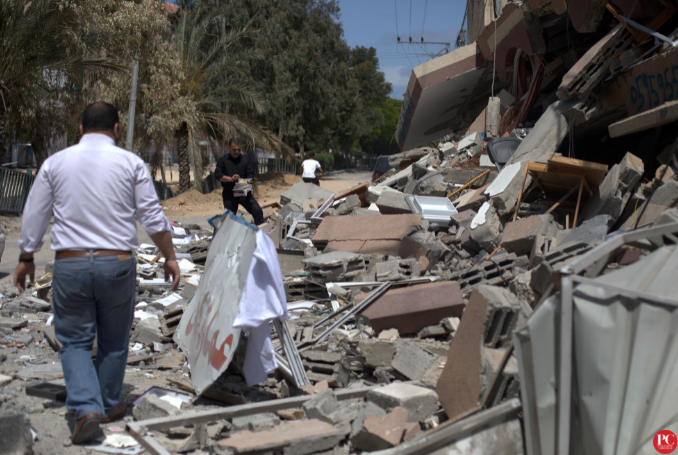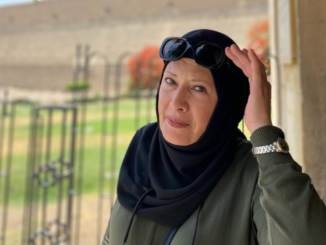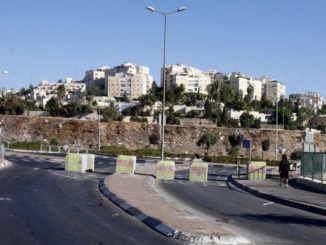
The eleven days of hostilities in May 2021 in Gaza resulted in the loss of over 260 people, including 66 children and 41 women, and exacerbated previous traumas in particular among children. The human toll was aggravated by overall damage and losses to the social, infrastructure, and productive and financial sectors.
A Rapid Damage and Needs Assessment (RDNA) reveals up to US$380 million in physical damage and US$190 million in economic losses. Recovery needs have been estimated up to US$485 million during the first 24 months.
The Gaza RDNA was conducted between May 25 to June 25, 2021, in partnership between the World Bank Group, United Nations (UN) and European Union (EU) immediately after the cessation of hostilities and in close cooperation with the Palestinian Authority and in consultation with the civil society and private sector in Gaza. While the RDNA’s estimates are preliminary, they are critical to identifying priority interventions.
“This is yet another unfortunate episode in which the Palestinian people in Gaza saw themselves in the midst of conflict and destruction. The humanitarian crisis is worsened in an economy with very limited ties to the outside world. Gaza’s GDP may contract by 0.3% in 2021 compared to an estimated 2.5% annual growth before the conflict. With this assessment, we hope to mobilize donors’ support to help restore dignified living conditions and livelihoods in Gaza, and lead the way to recovery.” said Kanthan Shankar, World Bank Country Director for West Bank and Gaza.
UN, EU, and World Bank report estimates cost of damage to Gaza Strip, after Israel's 11-day bombardment, between $290m and $380m https://t.co/35Ocrcic57 pic.twitter.com/DEpbcFd8ZE
— Al Jazeera English (@AJEnglish) July 7, 2021
The recent hostilities have done more damage to already faltering socioeconomic conditions. Palestinians in Gaza have suffered from the cumulative costs, human and economic, of recurrent hostilities over the last three decades, as well as prolonged restrictions on the movement of people and commercial goods at border crossings, limits to fishing off Gaza’s coast, and now the effects of the COVID-19 pandemic.
The alarming unemployment rate in Gaza is roughly 50% and more than half of its population lives in poverty. Following May’s hostilities, 62% of Gaza’s population were food insecure.
The World Bank Group, UN and EU are committed to provide critical support to the Palestinian people and ensure swift and reliant recovery, noting that the quick to short-term recovery will depend on financial support, including from donors, as well as Israel’s cooperation to expedite access to materials and equipment intended for civilian purposes.
(WAFA, PC, Social Media)







